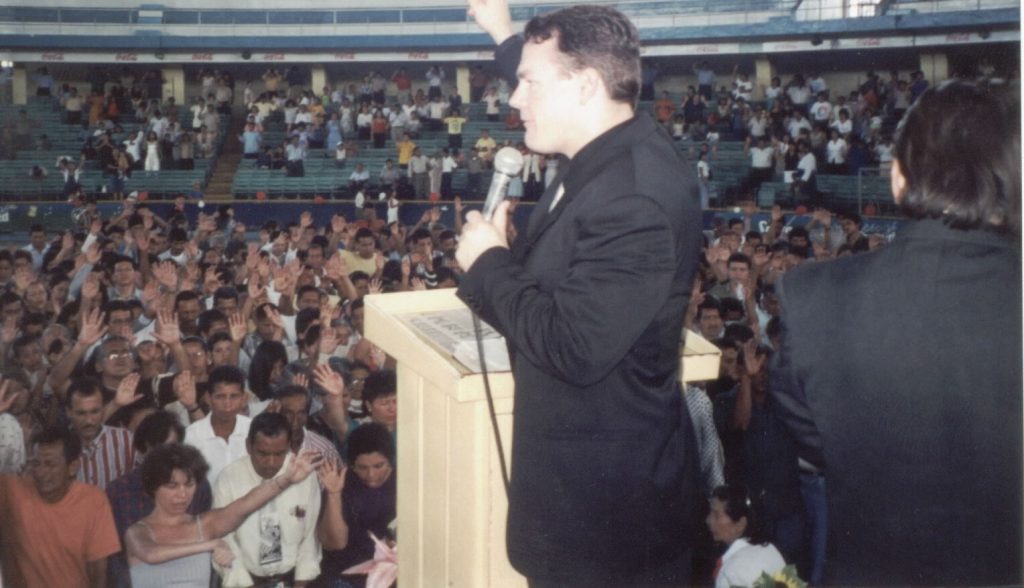The IMF warns that the global financial system is on the brink of a massive meltdown, while France and Germany push ahead with a pan-European crisis response to try to prevent the worst global downturn in decades.
What can one do in such perilous times other than buy gold and invest your savings in Euros before the dollar becomes obsolete.
http://www.bullionvault.com/#paulfdavis
http://ads.easy-forex.com/Gateway.aspx?gid=104994
http://ads.easy-forex.com/Gateway.aspx?gid=104994
At a joint news conference, French President Nicolas Sarkozy and German Chancellor Angela Merkel said they had “prepared a certain number of decisions” to present at a Sunday meeting of European leaders as they work feverishly to restore blocked credit markets to working order.
International Monetary Fund stressed that time was running short after leading industrialized nations failed to agree on concrete measures to end the crisis at a meeting on Friday.
“Intensifying solvency concerns about a number of the largest U.S.-based and European financial institutions have pushed the global financial system to the brink of systemic meltdown,” IMF chief Dominique Strauss-Kahn said.
Low levels of confidence in America’s financial system has caused widespread panic to swiftly sweep through global markets, driving stocks to a five-year low on Friday and prompting banks to protectively hoard cash. That has devastatingly choked off lending to businesses and households, threatening to turn a global economic recession into a dangerously deep depression for perhaps years. Many across America are losing their homes, as is now the case in Australia.
An emergency meeting of euro zone leaders on Sunday will discuss a bank rescue package, taking a British initiative to guarantee lending between banks as a reference point, a source close to the French presidency said.
France’s Sarkozy said euro zone countries were working on a joint solution, but declined to provide specifics. He planned to meet with British Prime Minister Gordon Brown shortly before Sunday’s euro zone gathering.
Britain’s rescue plan, launched last week, makes available 50 billion pounds ($86 billion) of taxpayers’ money for injection into its banks and, crucially, calls for underwriting interbank lending, which has all but frozen around the globe.
The world’s richest nations vowed on Friday to take all necessary steps to unfreeze credit markets and ensure banks can raise money but they offered no real specifics on a collective course of action to avert the recession threat. Hence can anyone be sure when so much is promised, but so little usually done in America?
In a surprisingly brief statement after a 3-1/2 hour meeting, the G7 — the United States, Britain, Canada, France, Germany, Italy and Japan — stopped short of backing the British interbank lending guarantee, something many on Wall Street saw as vital to end growing market panic.
Kenneth Rogoff, a Harvard University professor and former IMF chief economist, said the G7 would have been better served adopting some version of the British plan so that banks would feel confident enough to loosen their grip on lending.
“Saying that they’ll take all steps necessary leaves hanging the question of whether they know what is best and necessary,” he told Reuters. “It was a signature moment for the G7. I think markets are going to be very disappointed.”
European Central Bank President Jean-Claude Trichet said markets needed time to digest a series of dramatic steps taken by world central banks in recent days, including pouring billions of dollars into financial markets and lowering interest rates in the broadest coordinated cut on record.
There are signs the U.S. economy is credit-starved and deteriorating fast. American auto makers have been hammered by the credit crunch. GM and Chrysler, two struggling auto makers, are considering a merger to secure cash and cut expenses.
Financial weekly Barron’s reported that GM was preparing to approach the U.S. Federal Reserve about borrowing money directly from the central bank. Many wonder just how many companies and banks the central bank in the United States can bail out before going bankrupt itself?
Some speculate the FDIC insuring American banks deposits will declare bankruptcy next.
What can one do in such perilous times other than buy gold and invest your savings in Euros before the dollar becomes obsolete.
http://www.bullionvault.com/#paulfdavis
http://ads.easy-forex.com/Gateway.aspx?gid=104994













